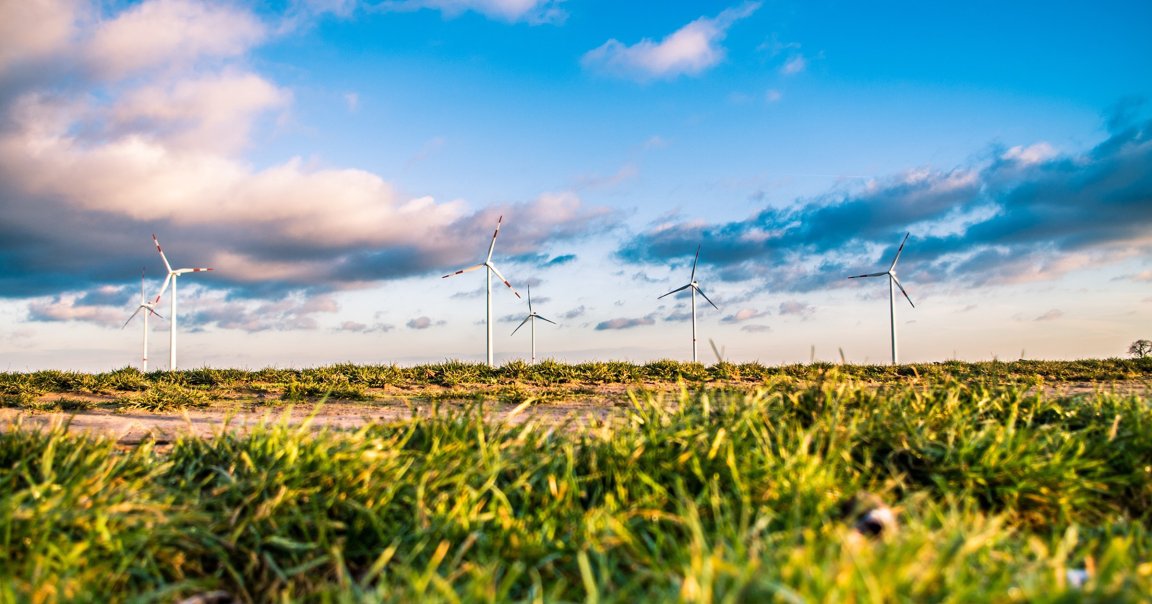
There are a lot of annoying talking points against the use of wind farms — they’re an eyesore, they kill birds occasionally. But for the most part, these seem like small gripes if, in fact, wind power does what proponents have always promised: weaning us off fossil fuels towards renewable energy, which will slow the rate of global warming.
But now, that idea might not be guaranteed. A new study found that transitioning to wind power might actually exacerbate global climate change.
Two scientists from Harvard University’s School of Engineering and Applied Sciences found that if America reduce the amount of carbon energy — fossil fuels and natural gas — and switch to energy generated by wind, the drag from so many wind turbines would prevent flowing air that naturally cools the Earth.
In their research paper, published Thursday in Joule, models suggested that powering the U.S. with wind alone would warm the planet a quarter-degree Celsius over the next century, while removing carbon-based energy would only decrease the temperature by a tenth of a degree over the same time frame. That means the wind farms would prevent us from releasing greenhouse gasses into the atmosphere, but they’d more than make up for the difference with their own heating effects.
“The jump from no wind turbines to low density wind turbines cause the most temperature effect per unit energy generation,” Lee Miller, one of the Harvard researchers behind the study, told Futurism. As he and his colleague added more turbines to their simulation, the amount of warming per turbine tapered off, suggesting that if we’re going to commit to wind energy, we might as well commit all the way.
Meanwhile, if we turned to solar energy instead of wind, we’d only warm the planet one-tenth as much, according to the study. That suggests that even if we don’t rely on wind farms, we absolutely should switch over to renewable energy sources.
It’s worth noting that this isn’t the first time that scientists have suggested wind farms might heat the planet. But before you go hack down your local windmill, there’s a lot of important context to unravel here. First, the Harvard scientists all agree that wind energy is much cleaner and better for the planet than using fossil fuels in the long run, as MIT Technology Review reported. The models detailed in this study are more about the effects of wind power on our immediate future — focusing on a ten year period of increased temperatures — before we can really feel the long-term benefits of clean energy.
Also, one scientist who didn’t work on the study told MIT Technology Review that the specific kind of models used in the research may have exaggerated the warming effect of wind farms. Apparently, the specific model that indicated that wind energy would heat the planet isn’t the best system for estimating wind flow. In the real world, a spinning turbine might not cause nearly as much as drag as the simulation suggested, meaning that flowing wind might be able to power the planet and still keep it cool.
The specific dynamics of the model are more complex than simply slowing everything to a halt wherever a turbine was placed. To figure out how much a single turbine might interfere with the wind, the researchers treated turbines as floating pockets that would slow down any air flowing through them. Miller told Futurism that he assigned different values, corresponding to a greater or lesser wind speed change, to different parts of each turbine based on height.
The study also leaves out the impact of extracting fossil fuels from the earth. While the materials that make up a wind turbine don’t appear out of nowhere, mining for oil and coal is ecologically devastating. So while this new wind flow simulation suggested that transitioning to wind power would heat the planet, there’s still a difference between switching to something that might not immediately benefit us (but would do so in the long run) and actively continuing a practice that’s destroying our ecosystems, poisoning our water, and piping greenhouse gases into the air.
One study aside, wind energy is still worth it.
More on energy: The DoE May Bail Out Failing Coal Plants in the Name of National Security
Update (10/5/18 at 10:45 AM ET): This piece has been updated with additional information on the models from the researchers.